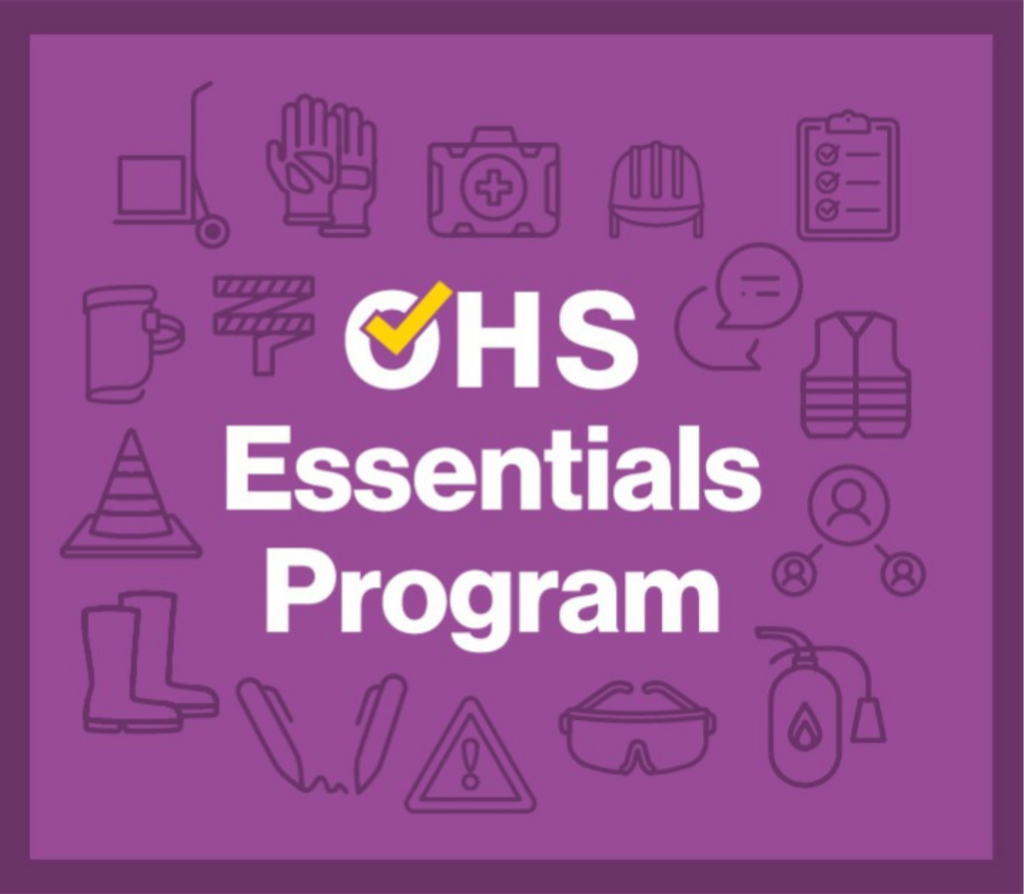Following a referral from the Minister for Skills and Training, the Hon Brendan O’Connor MP, the House Standing Committee on Employment, Education and Training began an inquiry into the perceptions and status of vocational education and training.
The Committee invited interested persons and organisations to make a submission to the inquiry addressing the terms of reference by Wednesday 1 March 2023.
The website for this inquiry provides access to transcripts of the two public hearings with people who might be considered expert witnesses which were held in Canberra in March. The website also enables you to read the text of the 93 submissions received from a range of organisations and individuals.
Given this number of submissions it’s hard to draw out any clear and consistent messages. For that, we will have to wait of the inquiry to report. However, here are a few thoughts:
Parents and guardians often have limited knowledge and understanding of the opportunities that arise through VET and the diversity of the programs and opportunities it offers. Information outlining the career prospects and pathways into higher-level positions would be beneficial. In addition, a better understanding by schools and careers advisors of what VET offers and the pathways it can open up.
VET has had some bad press (which higher education has largely avoided), but now needs an increased focus on the incredible value VET delivers to its range of students and other clients. The scandals over the impact of flawed policies like marketisation and VET Fee-Help have harmed perceptions of the sector in the broader community. These are not failings of the sector and its providers, but rather failings in policy or their poor implementation and management.
Education needs a more harmonised and equitably funded tertiary education system. The system also needs better pathways and partnerships not only between VET and HE but also between employers and VET providers. Attention also needs to be given to implementing the revised AQF proposed by Peter Noonan and his colleagues.
VET needs more regulatory flexibility to enable the best providers to shine and meet both their students’ and local employers’ needs. Lifelong and life wide pathways need to be encouraged to enable individuals to access the education and training they need at particular points in time. It is about appropriate education and training rather than being overly concerned with movements up, down or across the spectrum of tertiary educational opportunities.
Self-accreditation or, at least, the possibility of regulatory self-assurance of quality VET providers, is an important step forward too in raising VET’s status.
Further, and as one submission noted:
“Fundamentally the status of VET and TAFE can be improved by it being perceived as a quality and accessible provider. Quality must extend to its delivery, its students support mechanisms and the depth and relevance of its relationships with industry.”
Information about the inquiry can be obtained from its website or by contacting the committee secretariat.








